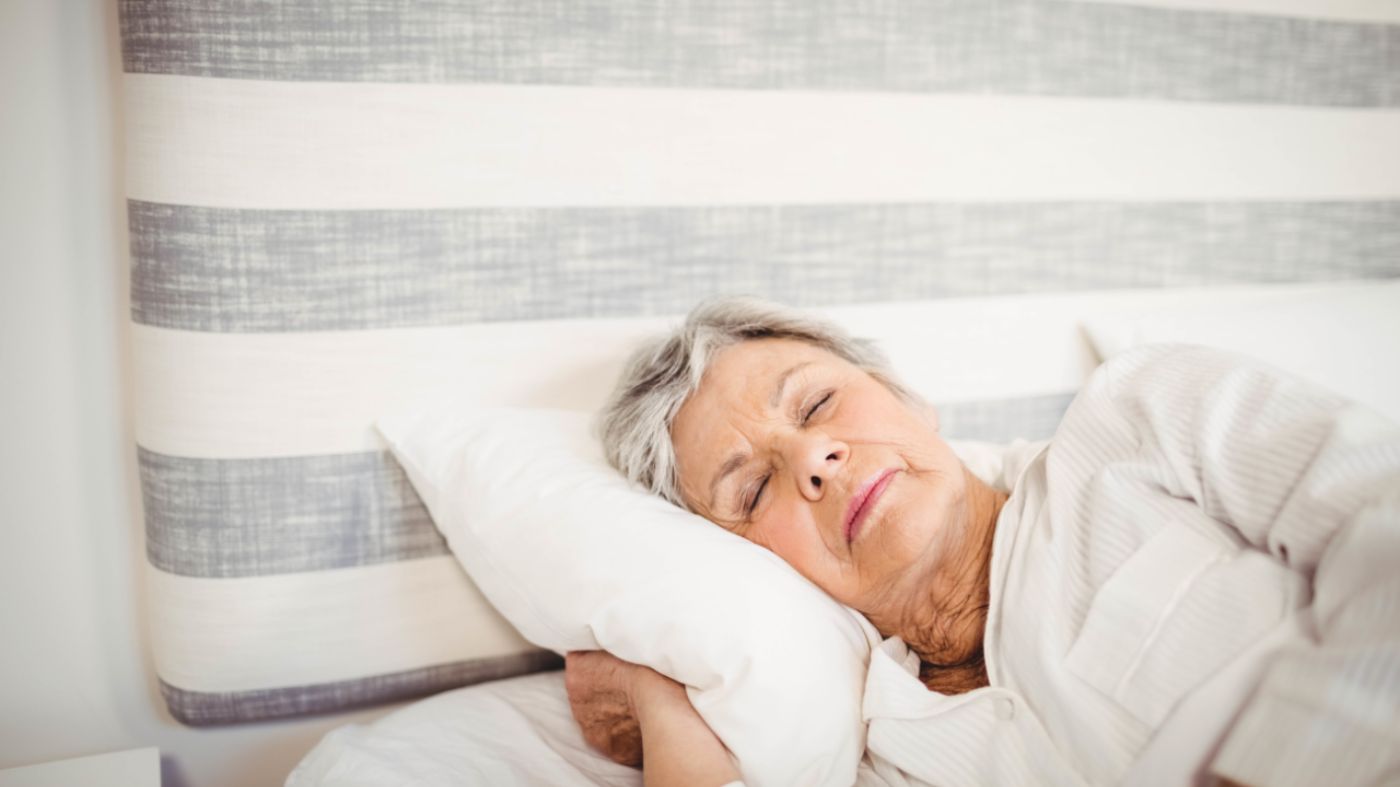
Getting a good night’s sleep is one of the most important things people of all ages can do to improve and maintain their overall quality of life. Over time, people’s schedules and sleep needs change, but it’s important to listen to your body and make sure it is always well rested. In general, older adults need at least seven hours of sleep per night. Unfortunately, this need is often not met and can result in a variety of negative side effects.
During sleep, your body is working to support healthy brain function and maintain your physical health. If you’re sleep deficient, you may experience drowsiness, slower reaction times and difficulty making decisions, solving problems, controlling your emotions and coping with mental stress. Sleep deprivation also has been linked to an increased risk of heart disease, kidney disease, high blood pressure, diabetes, strokes and obesity. You actually feel hungrier when you’re sleep deprived because hormones that regulate feelings of fullness and hunger are regulated during sleep.
Making the most of every day starts by waking up feeling fresh, relaxed and well rested. Here, we highlight tips to help older adults improve their sleep quality and, as a result, increase their mental, physical and emotional well-being.
There are many things older adults can do to improve their quality of sleep. However, those who continue to experience sleep deprivation despite implementing healthy sleeping habits may be suffering from a sleeping disorder, such as insomnia, REM-sleep behavior disorder, narcolepsy, periodic leg movements, restless leg syndrome or sleep apnea. Although these sleep disorders are common, especially in older adults it is important not to let these conditions go untreated.
If you’re concerned you may have a sleeping disorder or are experiencing sleep deprivation, contact your Upside Manager, who can help walk you through the next steps and set up an appointment between you and your primary health care provider.